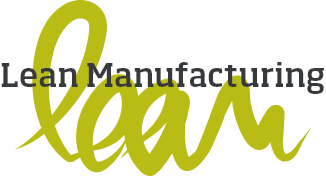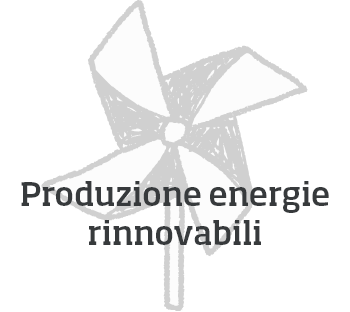Olitalia
Plastic no more
The project, started in January 2018, aims to cut plastic consumption
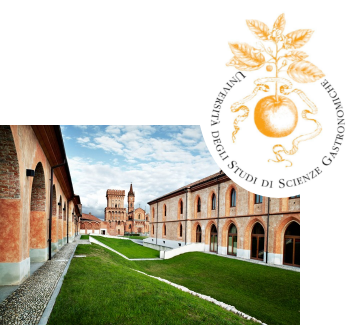
Project partners
Plastic No More involves numerous partners. It is led by the Zoological Research Institute "Anton Dohrn" of Naples, headed by Research Director and Professor Silvestro Greco. Slow Food International, the University of Gastronomic Sciences of Pollenzo, Polieco, Coripet, the Lipu and MareVivo associations are also important partners helping us reach this goal.
Steps to reduce plastic packaging
- All current suppliers of plastic materials and other potential suppliers have been requested to use sustainable raw materials to achieve items with these characteristics:
- Bottle molds: reduce weight and shift to R-PET
- Lighter plastic films
- Eco-design
- Tests in line with the new materials
- Roundtable talks with large retail distributors to encourage the use of new eco-friendly bottle (different shape to reduce packaging weight and made of R-PET) and start a collection system for PET bottles using compactors at points of sale, with incentives for consumers
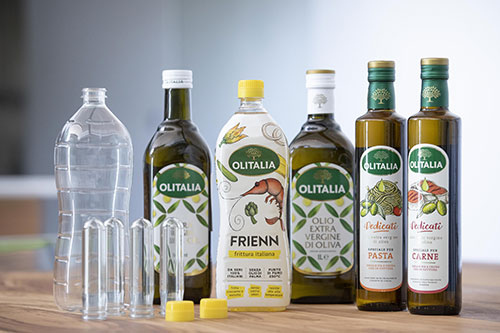
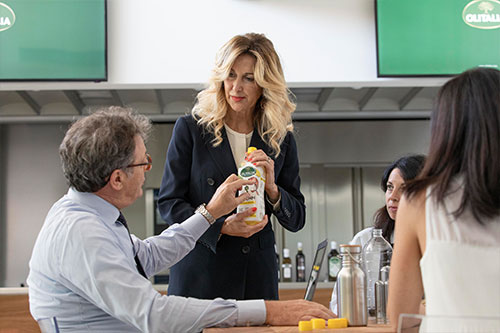
Steps taken to reduce product’s environmental impact
- Reduced weight of PET molds of various sizes starting from 2012 (to cut raw material consumption)
- Adopted a new "Evolution" glass bottle from 2013 with the following advantages: savings in raw materials, optimization of logistics.
Steps taken to reduce production waste
Starting in 2011, PET bottle production lines (all sizes) were improved to reduce more than half of the mold quantities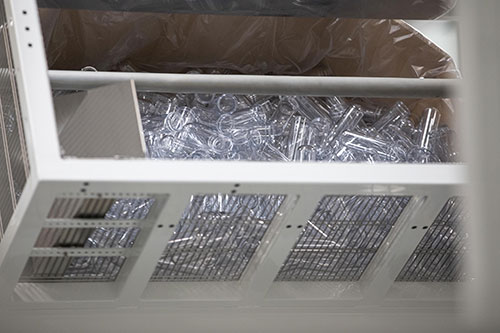
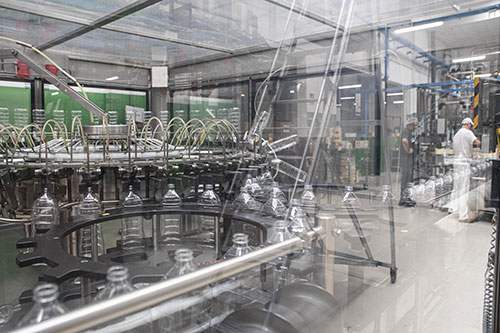
Circular Economy
- Working with Polieco to organize a food-related PET recycling chain
- Recycled PET, or R-PET, can be used to produce new bottles, since Italian law allows up to 50% of packaging in direct contact with food to come from recycled plastic.
Research support
- To find natural materials that are entirely biodegradable
- To find new materials that can completely replace plastic packaging. Partnerships with universities and startups to develop natural materials that are completely biodegradable will be sought and supported
- Working with environmental associations for educational purposes Mare Vivo and Lipu carrying out information campaigns (on-line, on the compactors to be placed in the points of sale ...).
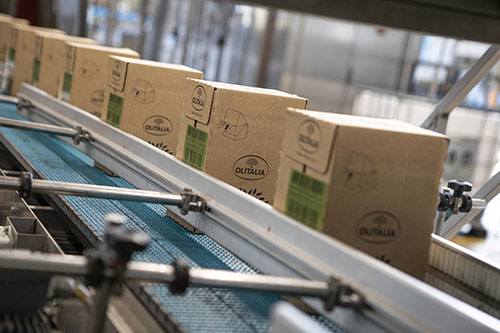

Workplace sustainability improvement plan
In line with the recent European Parliament rules abolishing single-use plastic items, Olitalia aims to reduce the use of plastic mainly in finished product packaging. Moreover, within the company offices, disposable plastic materials such as glasses, plates, cutlery, and straws have been eliminated. Vending machines no longer offer plastic bottles, while hot drinks are served in paper cups with wooden stirrers. Olitalia has decided to further raise awareness among its more than 130 employees by distributing a 500 ml stainless steel water bottle to each person and installing several water dispensers inside Olitalia and Acetaia so they can refill them with room temperature, chilled or sparkling water. Furthermore, guidelines have been established to avoid energy and water waste, and improve recyclable waste collection. Food scraps are collected by a specialized company, for the purpose of reusing them for animal feed or for biodiesel production.
Future goals

